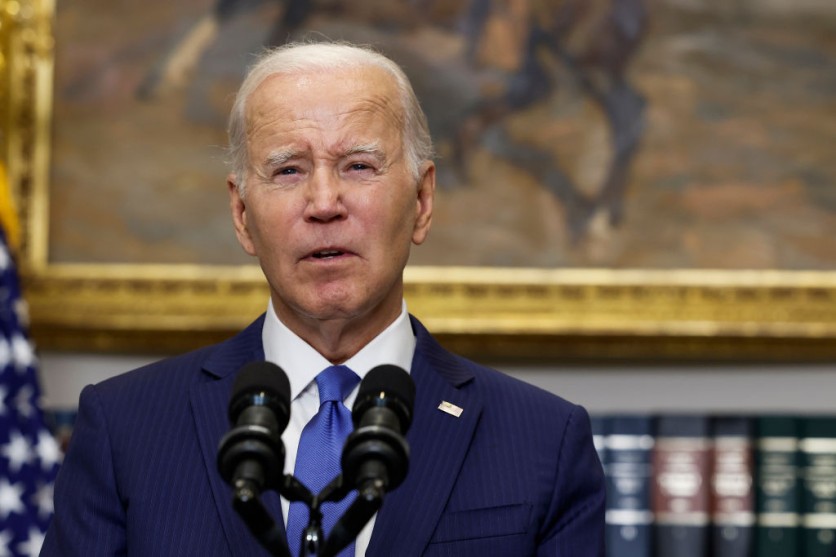A closed-door gathering, convened by Senate Majority Leader Chuck Schumer, will bring together influential figures in Big Tech to brainstorm strategies for regulating the rapidly evolving landscape of artificial intelligence.
This historic event is expected to have profound consequences for humanity, as the tech world and the public prepare for a week of public hearings on artificial intelligence.

Tech Billionaire Gathering
All 100 senators will convene on Wednesday morning to hear from a group of tech luminaries, including Elon Musk, Mark Zuckerberg, Bill Gates, and Sam Altman. The program will be the focus of heated talks throughout the autumn, and Senate Majority Leader Chuck Schumer has given it the moniker "AI Insight Forum."
Virginia Democratic Senator Tim Kaine intends to attend, but Republican James Lankford predicts "a lot of drama" because of Elon Musk and Mark Zuckerberg's well-reported feud.
It is anticipated that workers, lobbyists, and media will attend the conference of tech billionaires, which would need stricter security measures to protect the guests. Elon Musk, the CEO of SpaceX and Tesla, is one of the attendees.
Read Also : Instagram Blocks Canadian News Outlets as Tech Giants Clash with Government Over Online News Act
AI Discussions
The Senate will hold two hearings on AI businesses' openness and public confidence, while the House Oversight subcommittee, chaired by Representative Nancy Mace, will host a hearing on the use of AI by government agencies.
Leaders from Microsoft and Nvidia will testify at a hearing on AI supervision and rules held by the Judiciary's subcommittee on technology and privacy. The expanding use of AI across numerous industries is the focus of these events.
U.S. AI Act
Senators Blumenthal and Hawley, who are leading the U.S. Senate, have presented the U.S. Bipartisan legislation known as the AI Act imposes transparency standards for AI training data and model correctness as well as registration requirements for AI enterprises with an independent monitoring body.
This is consistent with Senate Majority Leader Schumer's AI effort, which seeks to address the difficulties brought on by AI.
Schumer has not previously focused on AI policy, but he has established a bipartisan working group with Senators Todd Young, Martin Heinrich, and Mike Rounds to weigh the potential advantages of AI with the dangers it poses, such as job displacement, election interference, disinformation, and national security concerns.
Necessary Discussions
In order to tackle the difficult task of drafting AI legislation across several congressional committees, Schumer is dedicated to participating in AI forums. The objective is to gather data to aid committee heads in determining how AI will affect their respective fields.
The impact of AI is felt in a variety of industries, including copyright infringement and the development of new AI standards by the National Institute of Standards and Technology. While the path to AI legislation remains uncertain, Congress is in the "learning phase" and will likely continue for a considerable time.
Senator Cynthia Lummis emphasizes the importance of regulations that don't stifle innovation, especially from smaller inventors. Speaker Kevin McCarthy and House Republicans have voiced concerns about the overregulation of AI due to its complexity and limited understanding among lawmakers.
Related Article : Tech Giants Apple, Microsoft, and Google to Build Support for Passwordless Sign-In Across All Platforms


![Apple Watch Series 10 [GPS 42mm]](https://d.techtimes.com/en/full/453899/apple-watch-series-10-gps-42mm.jpg?w=184&h=103&f=9fb3c2ea2db928c663d1d2eadbcb3e52)


